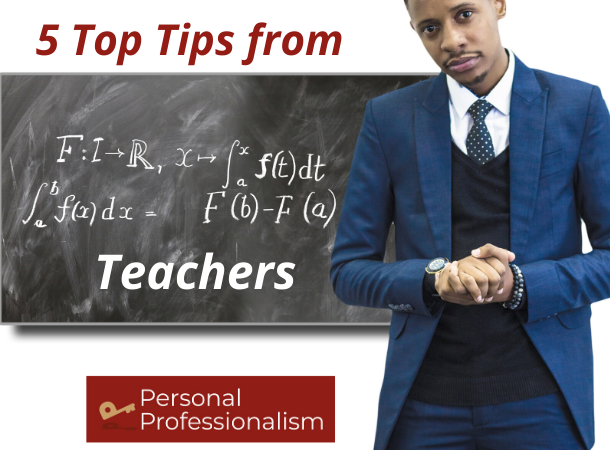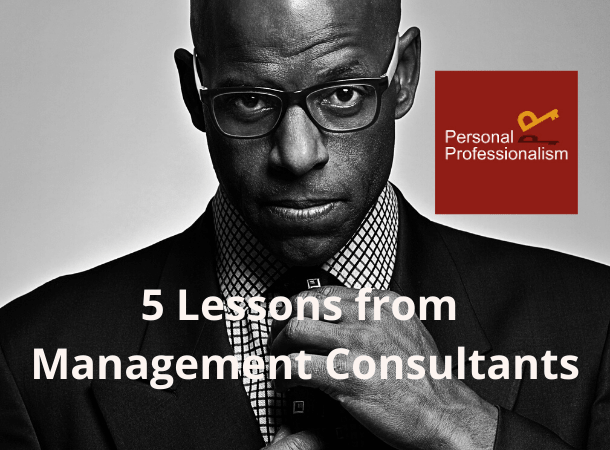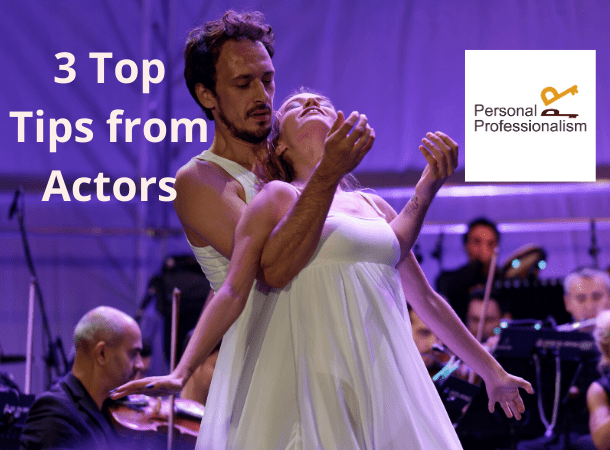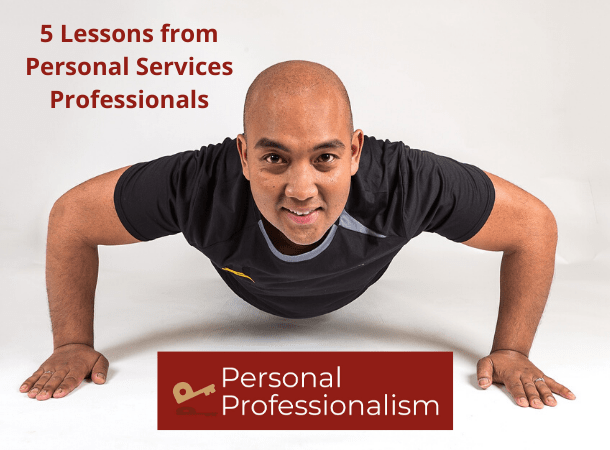Lessons from other professions. Authors.

The author Nick Harkaway was interviewed on the UK’s BBC Radio 4 program, Open Book*, about writing conspiracy thrillers. The host asked him if his father, John le Carré, had ever given him any gems of advice about writing for the genre.
I sat forward to hear the answer, expecting him to say how he was taught to build the tension, hide the clues, develop the characters.
His advice was much more practically useful than that.
He said “I think the priceless advice was always tacit, and it was very simply that writing is a job that you do; and you wake up in the morning and you do it; you wake up hungover you still do it; you go to your desk, if you don’t feel like if you’re upset or feeling ill, you still do it because it’s a job. And I knew that that was how it was done and so I could treat it that way. As a consequence I write very quickly and my publishers are generally content that I turn things in on time. In a weird way, that’s a tremendous advantage.”
It’s a job. You do it. This is professionalism – it’s simple but powerful advice. It’s a creative industry but this author works it as a job, he meets expectations which in this case are his deadlines, agreed with his publisher.
This is a fundamental tenet of professionalism. This is what you have made a commitment to do, so get on with it.
The writing profession is unique in that it is usually a solo job. You work with editors, publishers, agents and publicists but the majority of the work is done by an individual at their desk. It is art, and art is seldom better for being rushed, but that doesn’t mean that time is not important.
Authors still need to eat, house and clothe themselves and their families and so they see it as a job, an enterprise with commercial realities.
Innovation can be a process.
Their professional purpose, then, is to create art that has a commercial value. That doesn’t happen by accident. It takes an application of honed skill, imagination, and an insight in to what their audience wants. For some at the genius level, it’s a flow of knowledge onto the page; for most (including the most successful), it is a disciplined, processual and persistent approach.
What is it to be an author?
This is what makes Nick Harkaway’s comments so useful for people in any occupation. This is what I do. I am an author so I have to get on and do it. I see my work through the professional lens of an author. If I don’t, I don’t eat. I make commitments to create my work within an agreed timeline, taking commercial and market factors into account as advised by my publisher – seasonal implications including Christmas sales and summer book-reads; the book festival calendar and what competing authors are working on.
There are other lessons too!
Pushing through writer’s block.
What authors call ‘writer’s block’ is what I experience as ‘paperwork block’! It’s work that simply has to be done, but finding the focus, the imagination to push through and get the job done is hard. Don’t use “it’s hard” as an excuse. You are a writer, write. Yes, there can be blocks, but you need to find a way to deal with it that works for you, not walk away and blame it on something. Advice ranges from ‘walk around the block’ to ‘just write, it will flow’.
Finish!
I participated in a literature festival recently and heard first hand the advice that professional authors gave to people who wanted to join their ranks. Their advice was invariably that writers need ‘to finish’. Finish your work. Do it. Don’t be distracted. Get it written then get it read. That’s what you do, that’s what you are, so get on with it; ‘finish it’.
We are human and we get distracted, especially in the 2020s with so much media at hand. So the advice was to find a way to deal with the inevitable distractions. Many authors at the Festival said that they were often distracted by their own thoughts, innovations and ideas; so the thing to do is to have a note book handy to write down those ideas; get them recorded and then… get back to finishing your work! Complete your work. Finish it.
But there’s a trick to what ‘finishing’ really means! So many aspiring authors tinker with their work until it is ‘perfect’, but a million lifetimes won’t deliver perfection. The professional author will write their work until it is ‘good enough’ to share with others to read, review and comment. They know that it is not their final piece. They know that there will be re-writes, more drafts and corrections, but that is part of the craft.
Perseverance and a professional lens.
The authors at the festival were all successful and commercially popular. People paid money to buy their books and to attend their events. Nearly every author told how they received rejection after rejection from literary agents and publishers until they finally found ‘the one’. Their persistence took the form of continuing to contact publishers with their work, but also to take criticism and advice on how to improve their written work and their approach to publishers They also read other people’s work, not only for enjoyment, but through the professional lens of an author: How did other authors work? What did they do well? What can I learn from them? Not to copy those other authors, but to apply to their own approach and style. They believed in their work and they kept at it, building their knowledge both of their craft and with a professional approach.
* Source: http://www.bbc.co.uk/podcasts/series/openbook, Open Book: Nick Harkaway and Ned Beauman, Sunday 25 May 2014, accessed 4 June 2014






